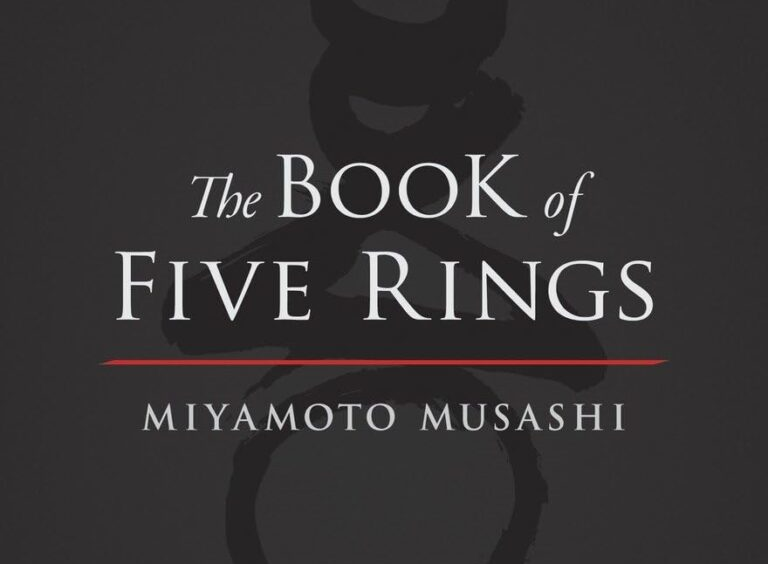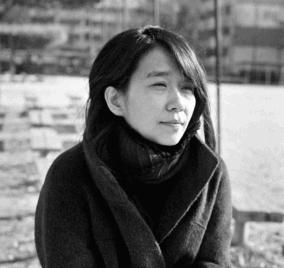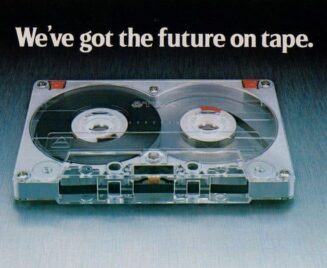I’ve never been a morning person. Always blamed it on a genetic predisposition, which I knew was probably only a tiny bit right and mostly bullshit, but it was an easy excuse to rely on. Just as it was easy to stay up late mindlessly scrolling my phone or watching anime. While I will never give up watching One Piece, earlier this year I decided that I was not going to let all these other early birds get the worms. It was my turn.
And so, I did it.
I started waking up at 5:30 every morning and went to the gym.
Then I started getting up earlier. And earlier. Until I was waking up at 4:45am, doing some work on my computer before going to the gym when it opens at 6 in the morning. Although I sometimes change my schedule and wake up as late as 5:45 on weekdays, I get up before sunrise most mornings.
It wasn’t easy, but I’ve always challenged myself. Before becoming a morning bird, I had already been weightlifting for about 10 years, though I only went to the gym about 2-3 times a week. Now, I’m a lot more rigorous with my training. Five days a week is my standard now.
In addition to waking early and exercising, I have challenged myself in other ways. Whether it’s studying online courses, writing novels, learning new software, or dieting, I’m always pushing myself. Why? Because I hate being still. Being static. Staying in the same place.
I had heard of the idea of “No Zero Days” from somewhere. I’m still not sure where, to be honest. But the idea is to meet your goals each day, to not allow that devil on your shoulder to convince you to sleep in or to eat that high-calorie snack, or to scroll on your phone instead of reading something edifying.
And by now, I probably sound like some pompous know-it-all cult leader, but that’s far from the truth. I trip up all the time. I lose my footing and have bad days, bad weeks, and even bad months. But I always try to pick myself back up, get back into healthy routines, and keep up my daily grind. And all the while I keep a mental tally of how many days in a row I’ve ticked off all the boxes on my to-do list.
This past summer, soon after getting used to my new early bird schedule, I stumbled on some motivational youtube videos discussing The Book of Five Rings. And the more I listened, the more a seed took root in my head.
Miyamoto Musashi wrote The Book of Five Rings (五輪書, of Go Rin no Sho) between 1633-1635. The book has five volumes: “Earth, Water, Fire, Wind, and Void.” While it is a manual of technique that can apply to sword-fighting, it is also a profoundly philosophical work. As if to show that he was a master of many crafts (not just two-sword style), Musashi wrote the original manuscript in beautiful calligraphy, which was one of the arts he practiced with steadfast commitment.
Commitment is a theme that runs through The Book of Five Rings. That and austerity in life, shedding the excess in order to excel at that which matters.
The five volumes the book comprises are described by the elements of the word, which Musashi uses to illustrate not only aspects of battle but the aspects of life that we all must face.
The Book of Earth chapter can be seen as the foundation of one’s physical and spiritual body. Though it may not have been the original intention, I interpreted this as physical dedication. As another famous philosopher named Socrates once said, “It is a shame for a man to grow old without seeing the beauty and strength of which his body is capable.”
In the Book of Water, Musashi discusses his fighting style, Ni-ten ichi-ryu, or Two Heavens. His style is all about adapting, as water does to the obstacles in its path. The way I can see this being used in modern life is seeking flexibility in how we approach our daily lives. This is quite an abstract thought, though, so the more practical side would be keeping our brains flexible through reading books, not scrolling endlessly on our phones.
The Book of Fire is named so as it refers to the heat of battle and striking when the iron is hot, so to speak. I don’t know about you, but I don’t participate in many battles, but I do have my own passion projects that I should be striking each and every day. Taking what I learned from the Book of Fire, I seek to work at least half an hour every day on my passion projects.
The Book of Wind plays on the Japanese word for wind, which can also mean “the style in which something is done.” This book focuses on something that made Musashi a bit of an eccentric among his contemporaries: he studied many different fighting styles, keeping what he found valuable and discarding the rest. He was not devout to any one style of the day, instead finding worth in learning from what others were doing right, and what they were doing wrong. In modern days, this sort of reflection could be captured in daily journaling.
Finally, the Book of the Void.
“By knowing things that exist, you can know that which does not exist,” said Musashi. “This is the void.”
Embracing the void means living intuitively. It means practicing a zen-like presence. In other words, not giving a fuck what others think and going your own way with resolute confidence. To practice this mindset, I would find something that allows me to zone out. Not watching shows or my phone, but something that lets my mind enter a quiet state where I can hear my innermost thoughts. Whether this means meditating or taking a walk through the park, I try to connect with the void within me that is so often lost to the noise of life.
Which brings me back to that seed I mentioned.
These five rings and how I imagined they connected to modern life sprouted this idea for an app. Not a motivational app in the traditional sense but one that would keep the user accountable to themselves. And just as Musashi Miyamoto practiced austerity in his life, the app would be as minimal as possible. It would do only one thing: track a user’s progress of commitments they have made to themselves.
So began a journey on fresh soil. Though I have experience with UX design, I had never taken an app idea from conception to release on an app store.
But I wasn’t always a morning person either.
What’s the fun of life if you aren’t constantly challenging yourself?




